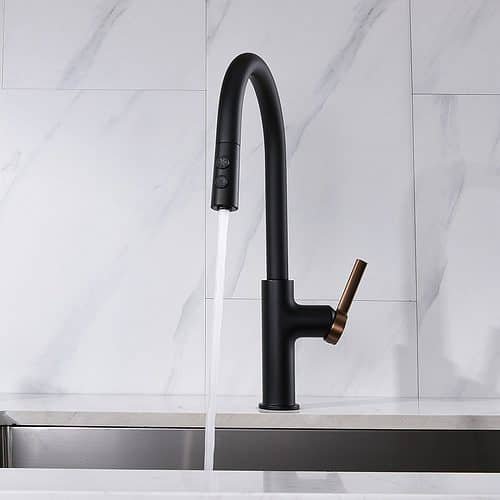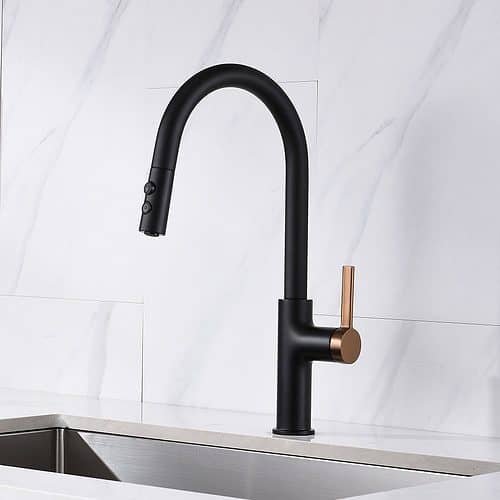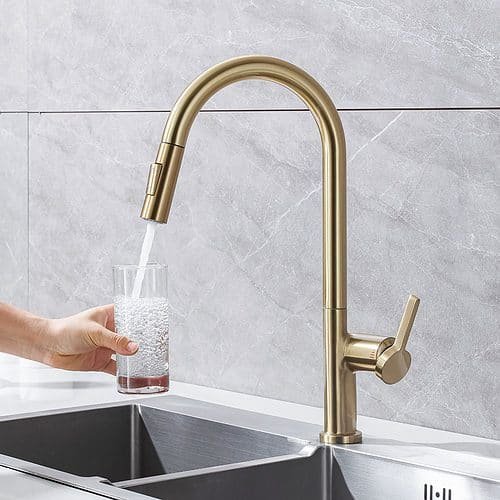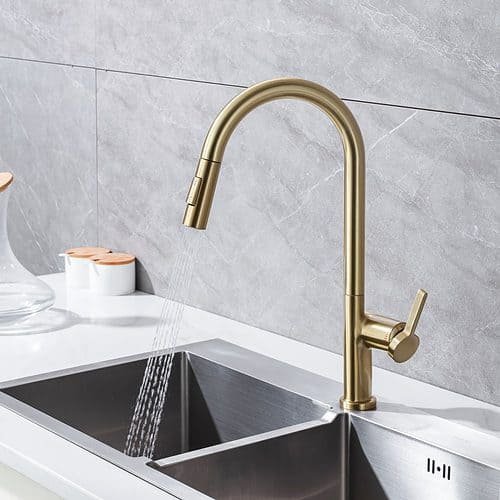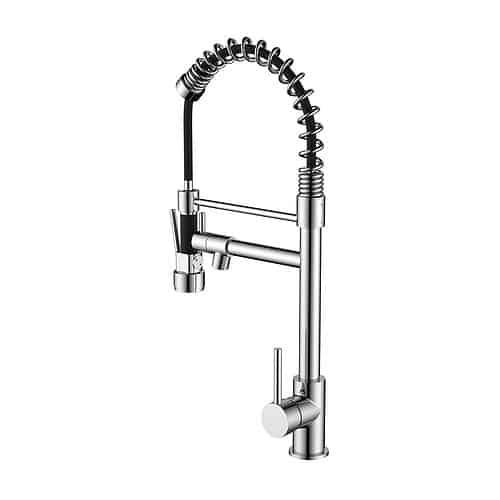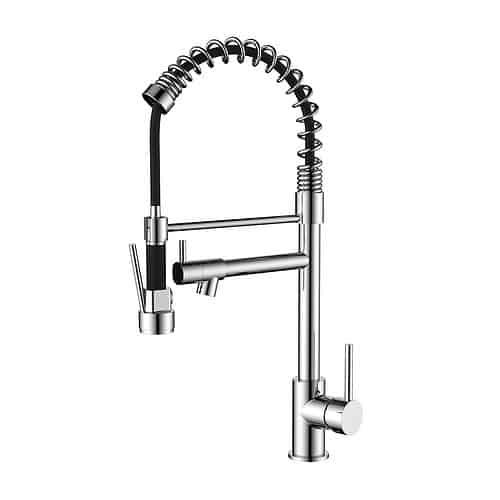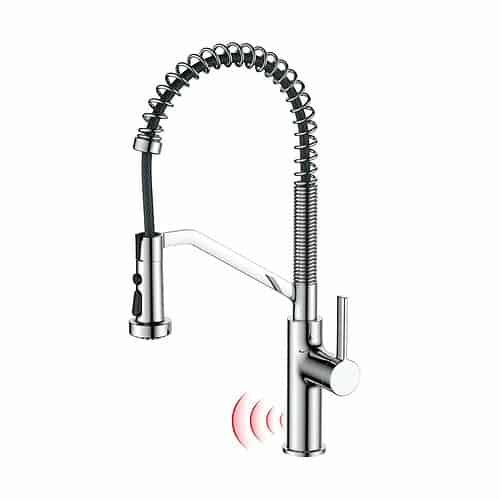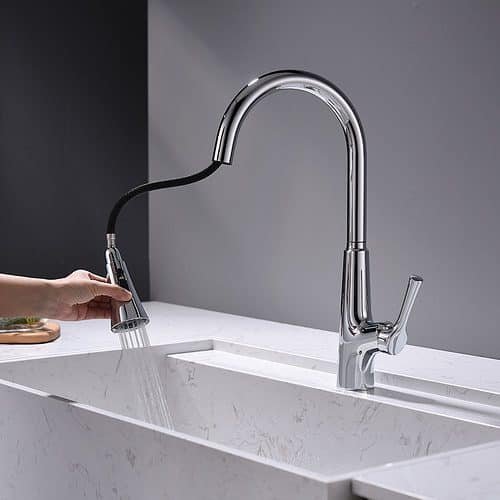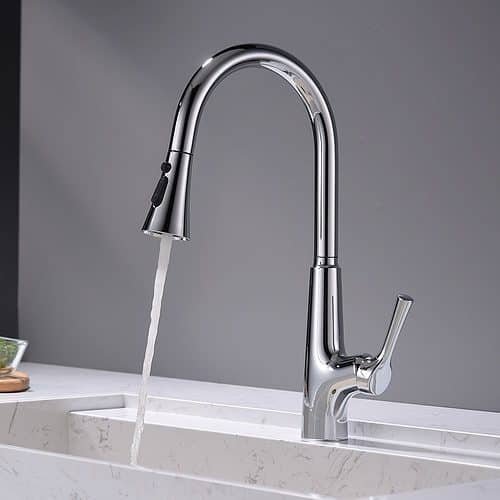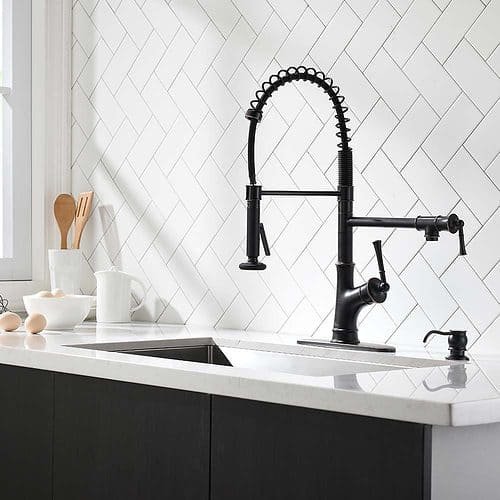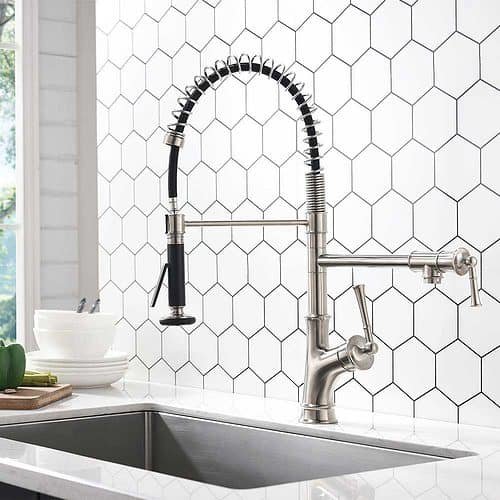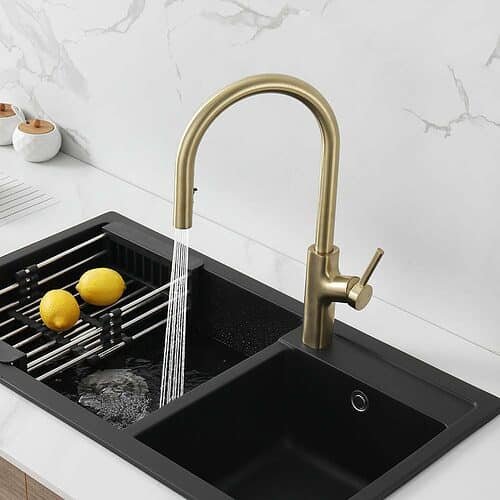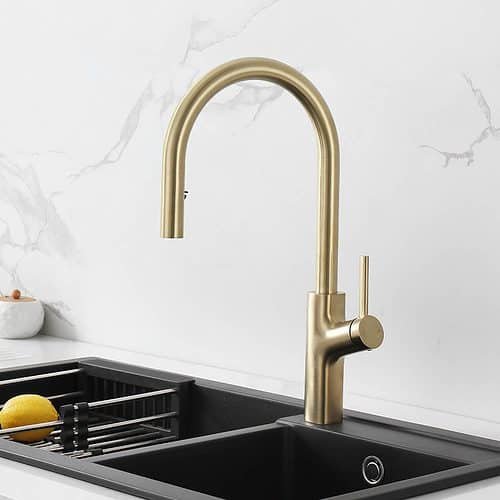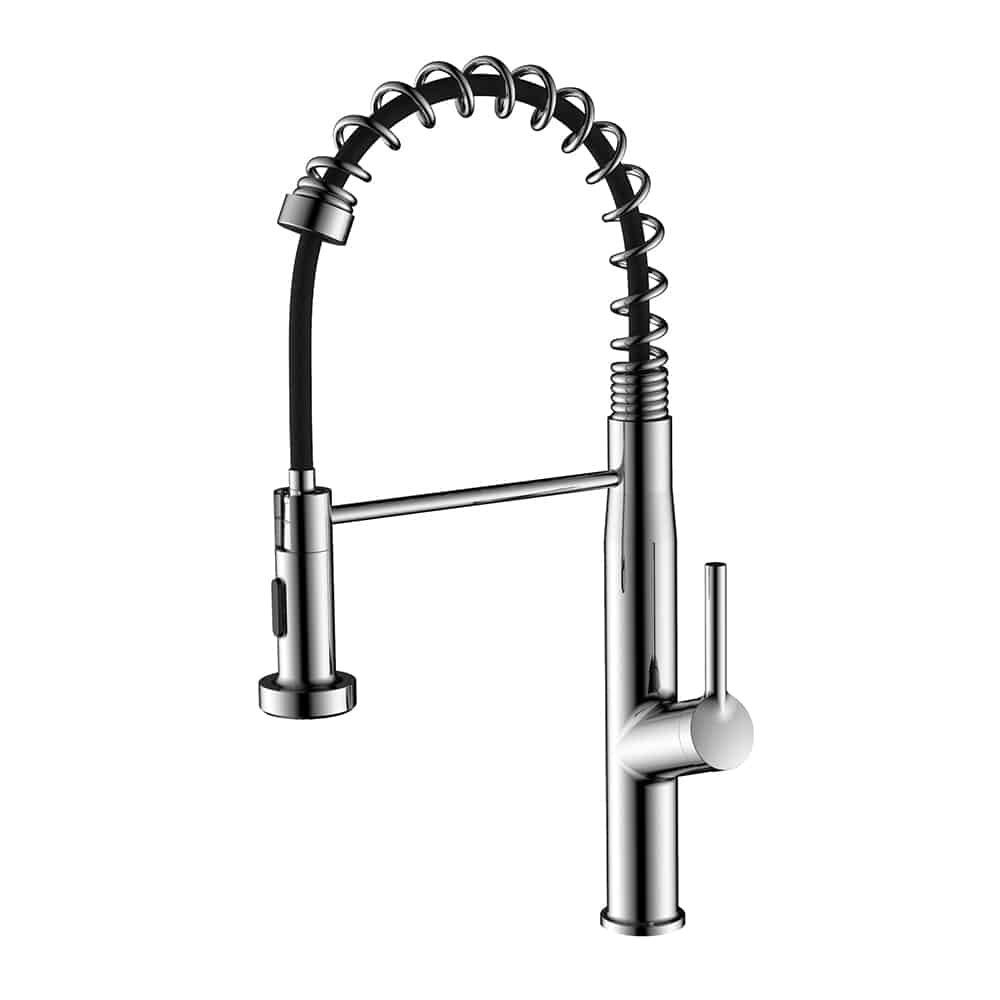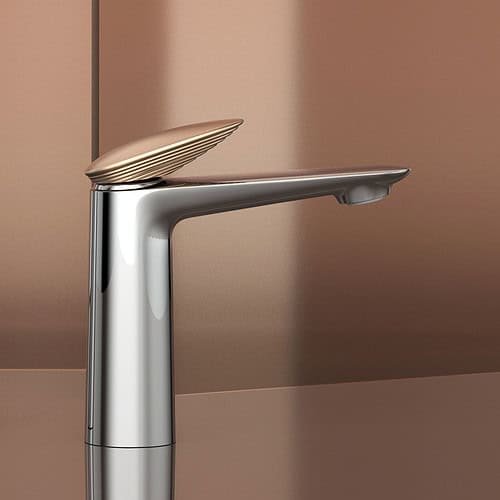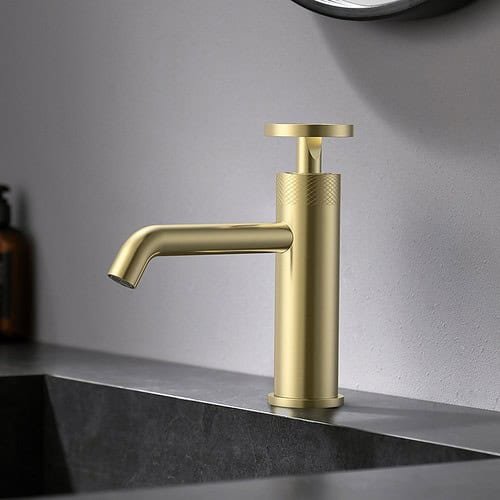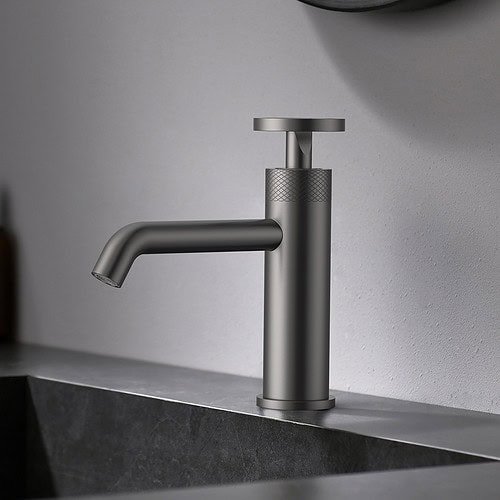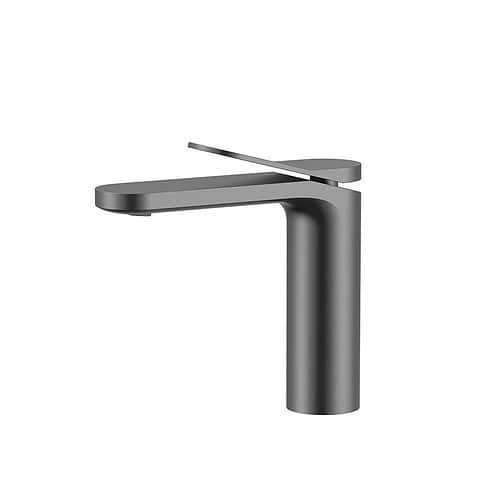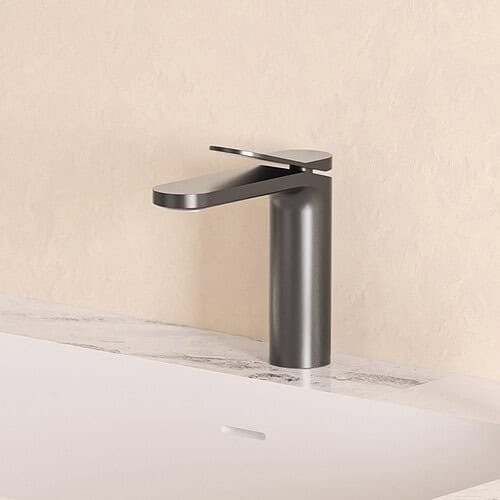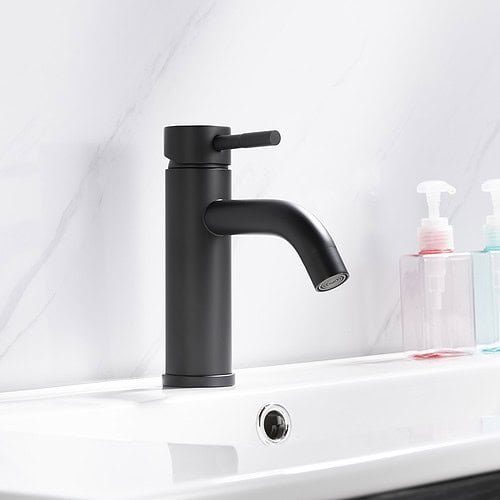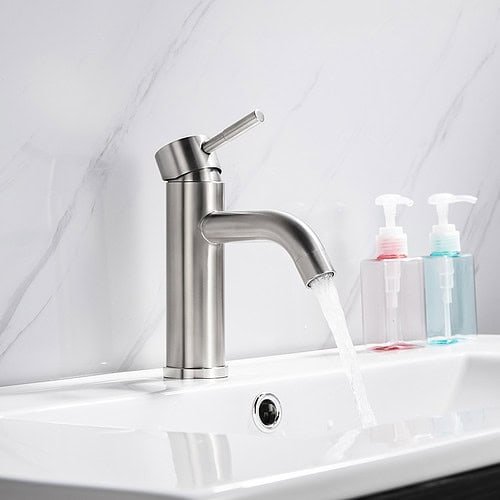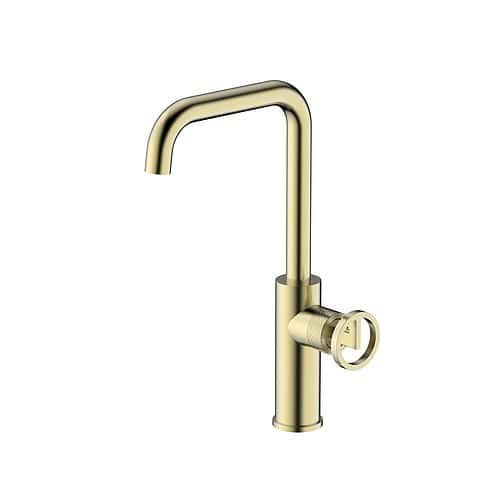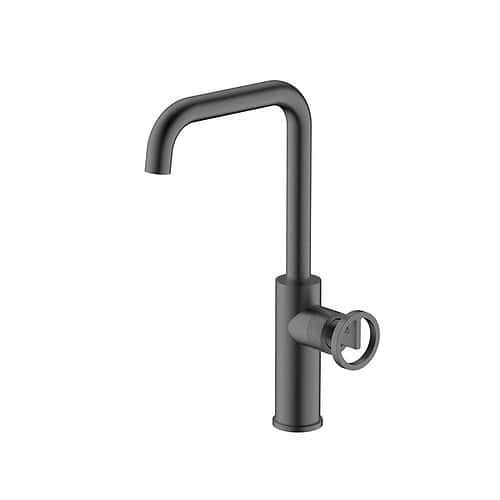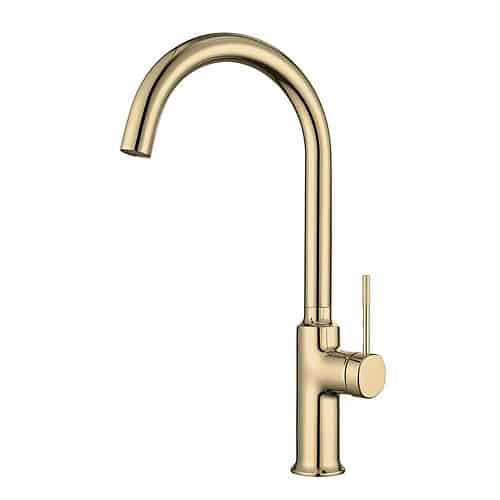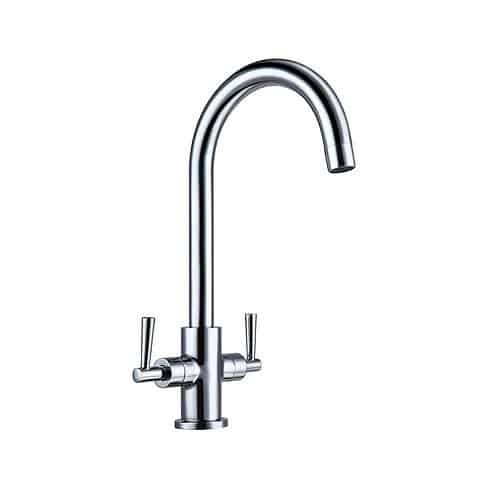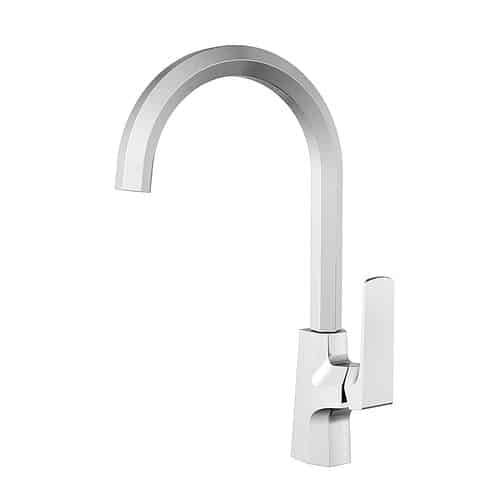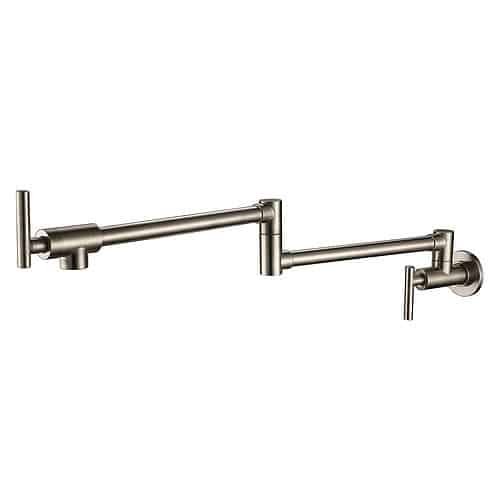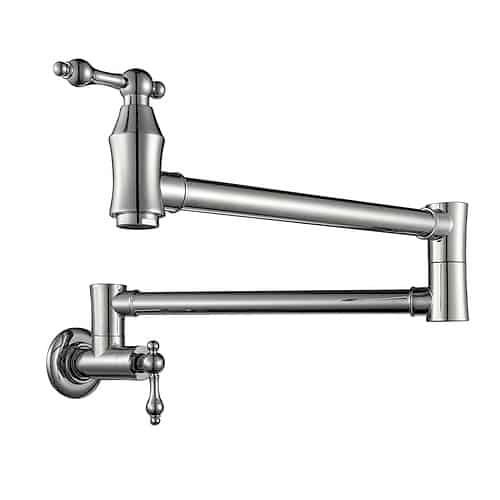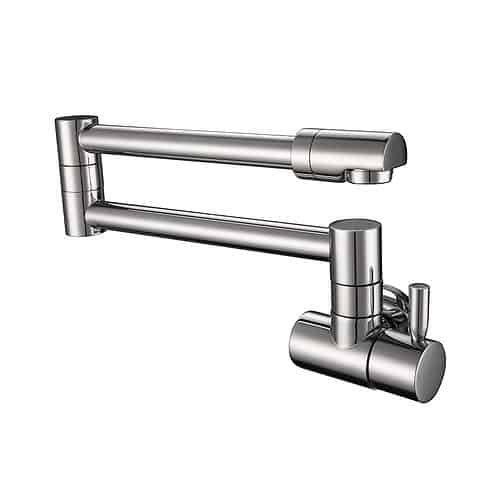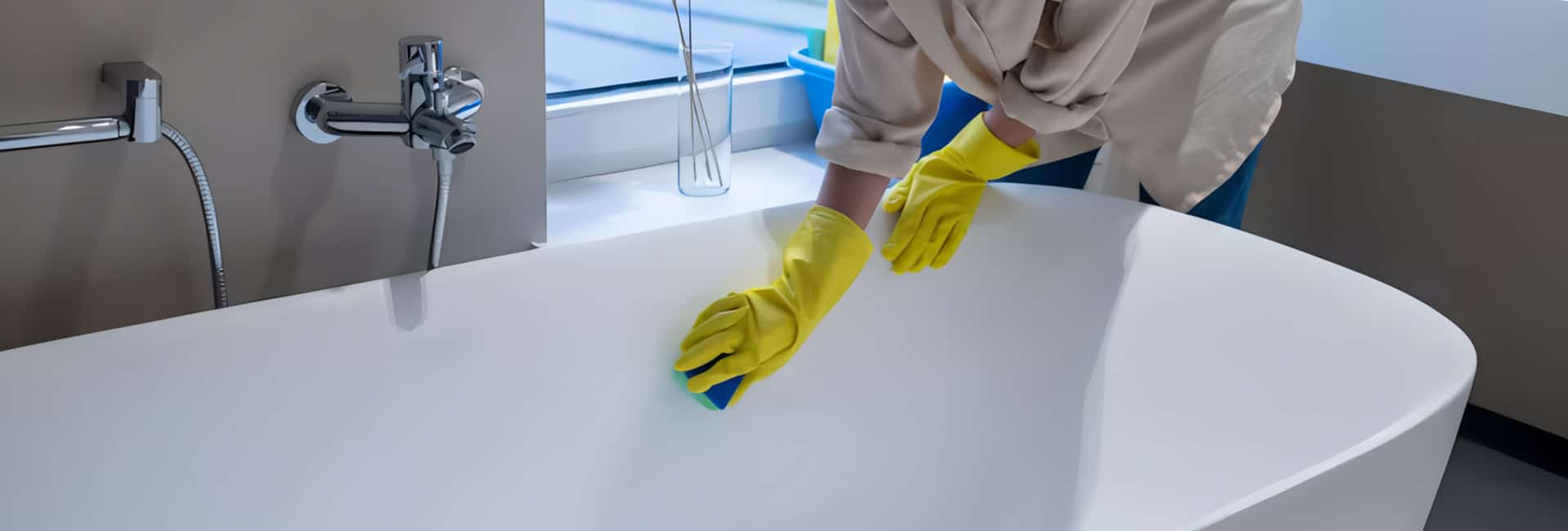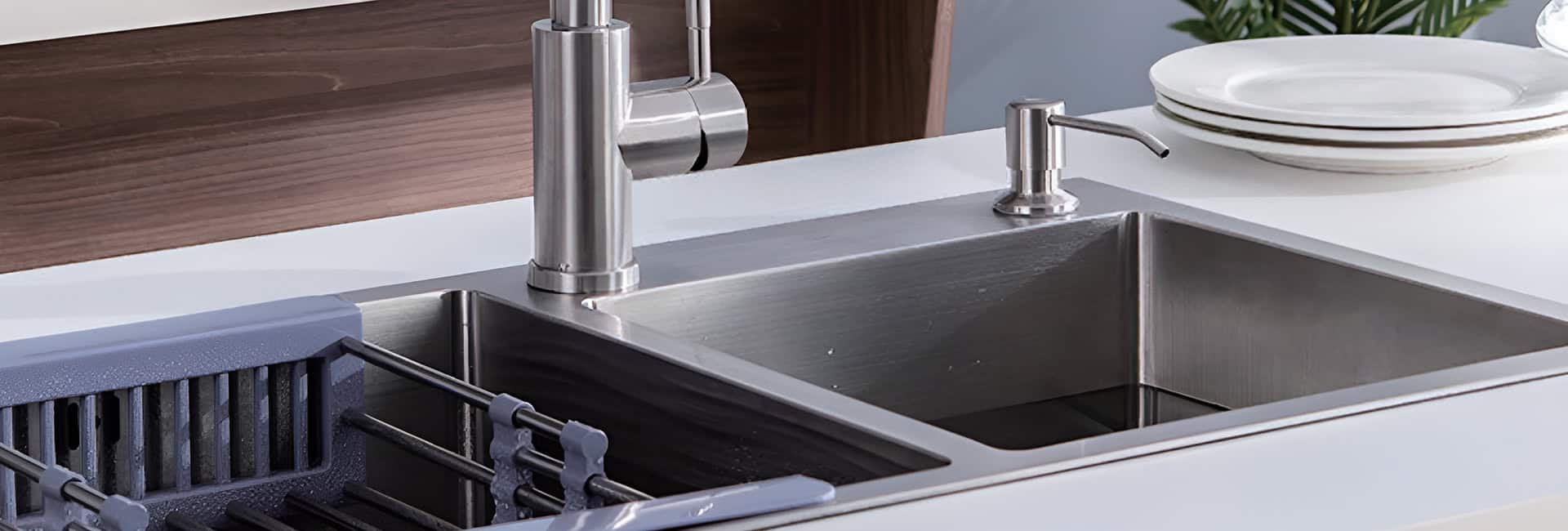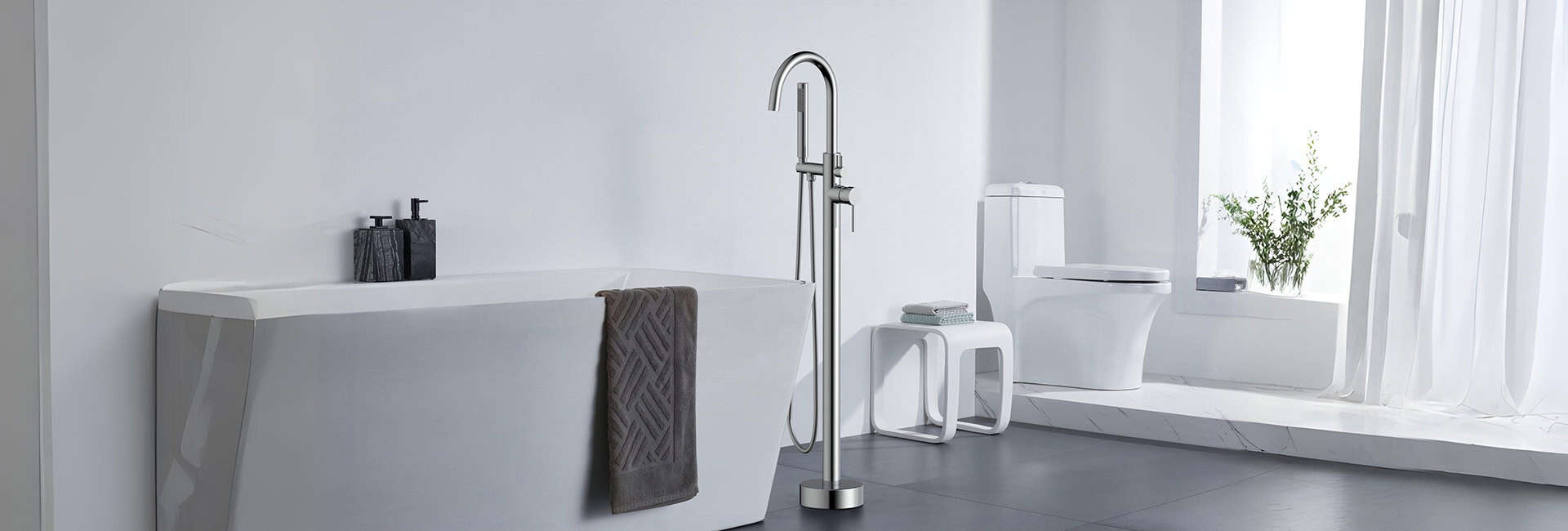Table of Content
What is the California AB1953 low lead Lead Compliant?
The California AB1953, or the “low lead law,” is a piece of legislation that aims to reduce the amount of lead in plumbing products used for potable (drinking) water systems. It was enacted to safeguard public health by minimizing lead exposure from drinking water, which is a significant concern given the health risks associated with lead ingestion
Here are the main points of California AB1953:
Lead Content Limitation
AB1953 says that plumbing fittings and fixtures that carry or dispense water for human consumption can’t have more than 0.25% lead by weight across all the surfaces that come into contact with water.
This big change from the previous standards allowed up to 8% lead content in certain components. The law applies to all plumbing products that come into contact with potable water, like faucets, valves, pipes, and plumbing fittings.
Certification Requirement
Products covered under this law must be certified by an accredited independent third party to make sure they comply with the lead content restrictions.
Compliance and Impact
All relevant products sold or installed in California must comply with AB1953. The law also paved the way for similar standards at the federal level, with the Reduction of Lead in Drinking Water Act of 2011. This adopted the same lead content requirements nationally, effective January 2014.
What does AB1953 mean for consumers
For consumers, the main benefit is that it reduces the risk of lead exposure, which is important for health, especially for children and pregnant women. Lead can cause serious issues with the brain and development.
This could mean using different materials like stainless steel, plastic, or special brass alloys that don’t have too much lead in them
Who is affected by the AB1953 Lead Free Law?
The California AB1953 Lead-Free Law affects a lot of different people, including manufacturers, suppliers, retailers, plumbers, property owners, and consumers. Here’s a detailed look at each group that’s affected
What are the effects of lead in water?
We all know that lead in water is a serious public health concern. It’s toxic to humans, particularly to children. The effects of lead exposure through contaminated water can be severe, affecting multiple body systems and causing long-term health issues.
Here are the key effects and concerns related to lead in drinking water:
AB1953 faucet product categories
AB1953 kitchen faucet
AB1953 bathroom faucet
AB1953 bar faucet
FAQs
About Luxuryhome
Luxuryhome is not just a faucet manufacturer or wholesaler, but more like a partner who can provide you with more added value.
We are united in our determination to produce China-made bath and kitchen fixtures adhering to the highest ethical principles. You have our promise!
More post you may interested in
